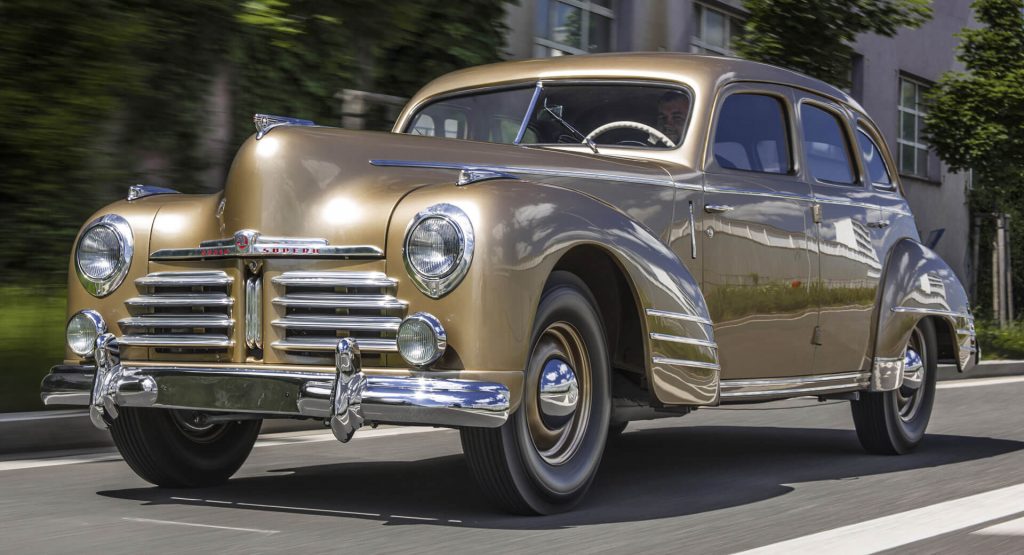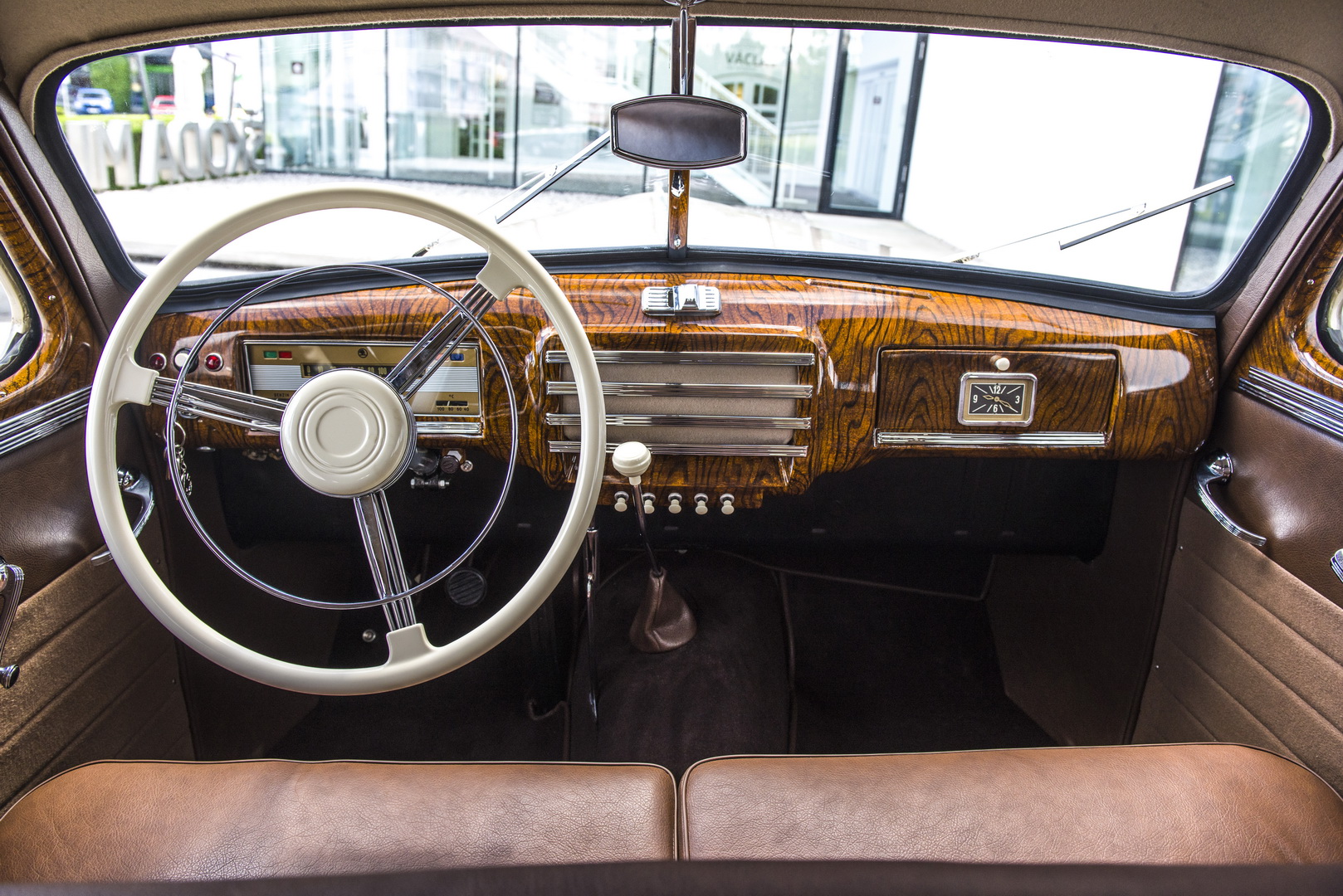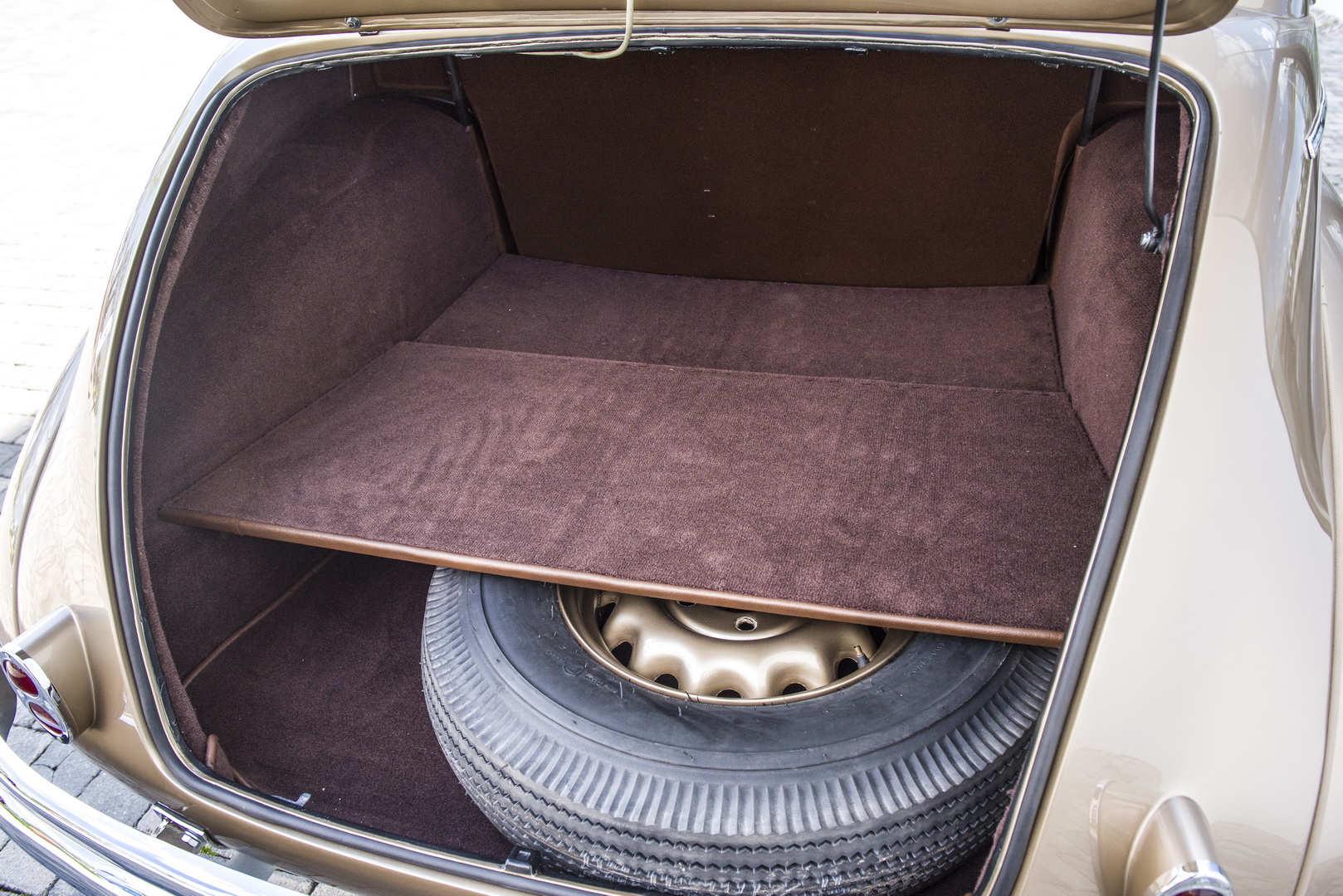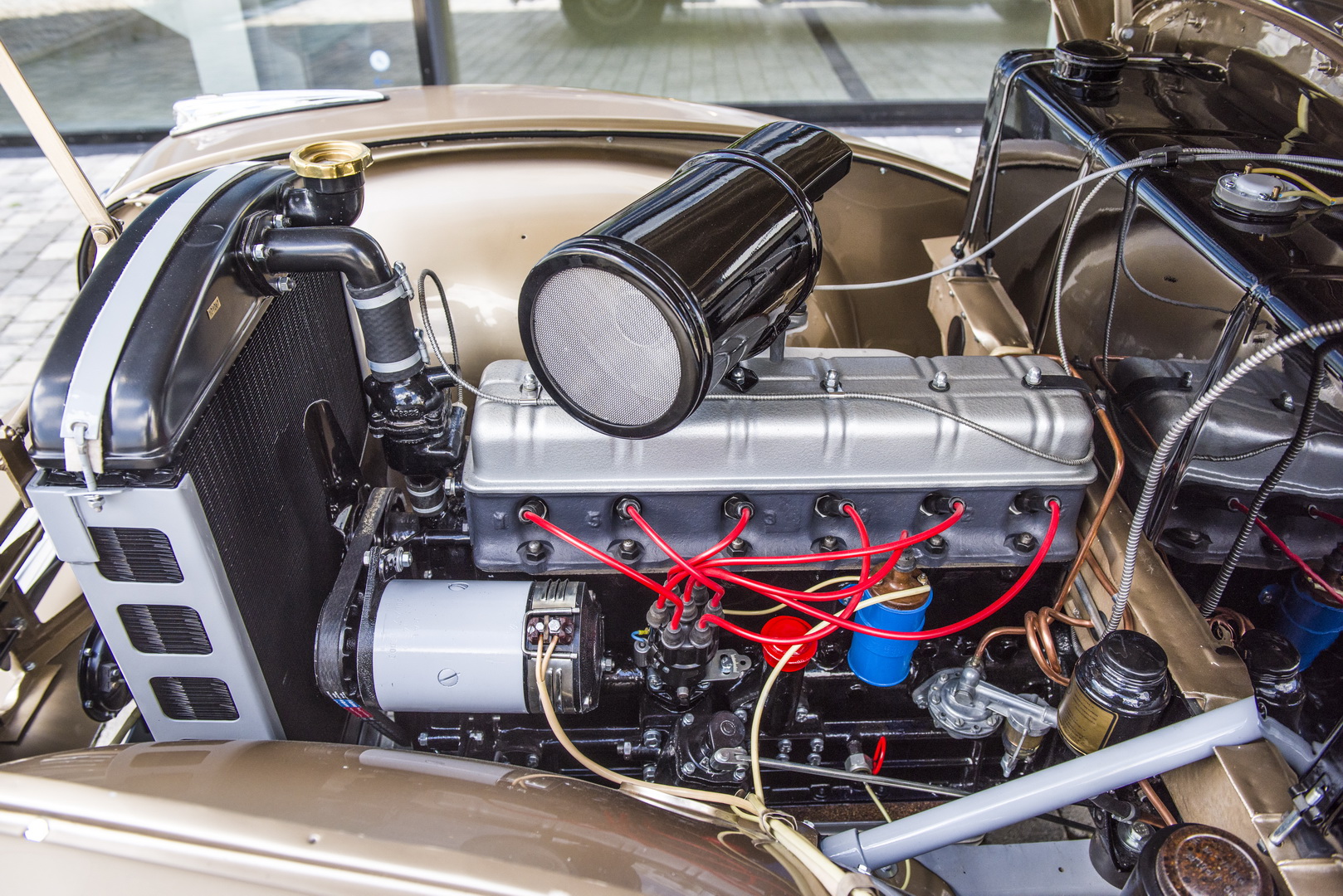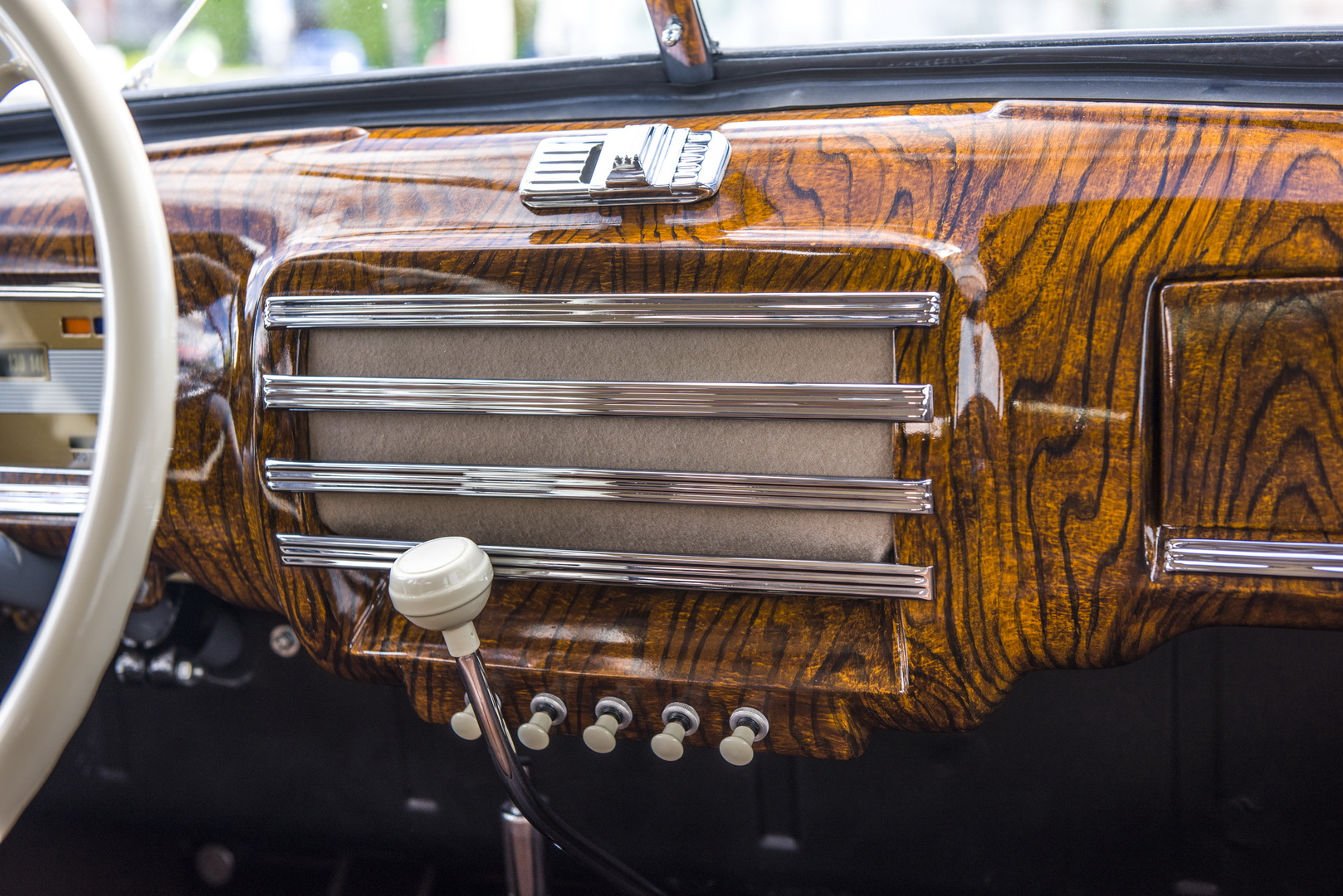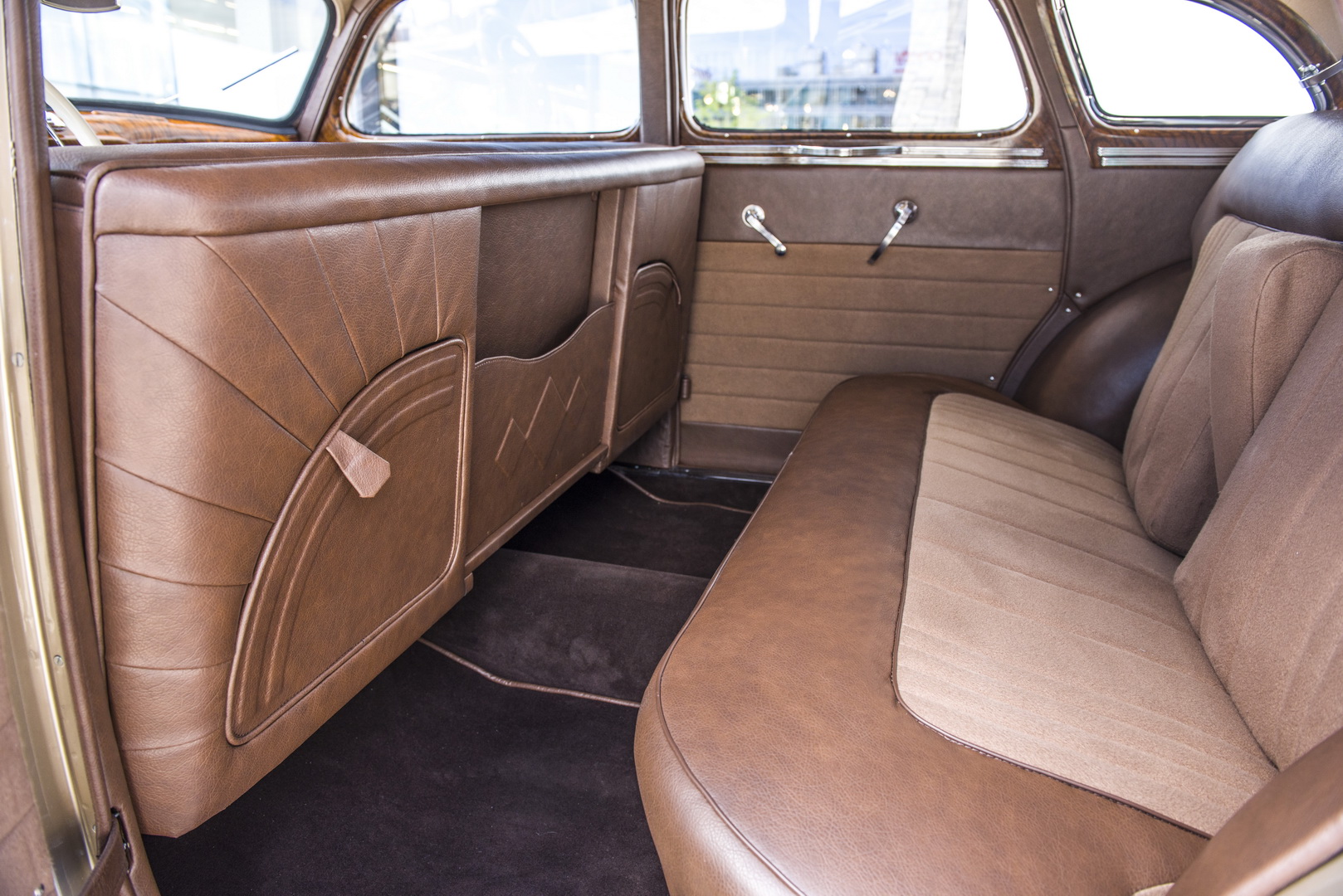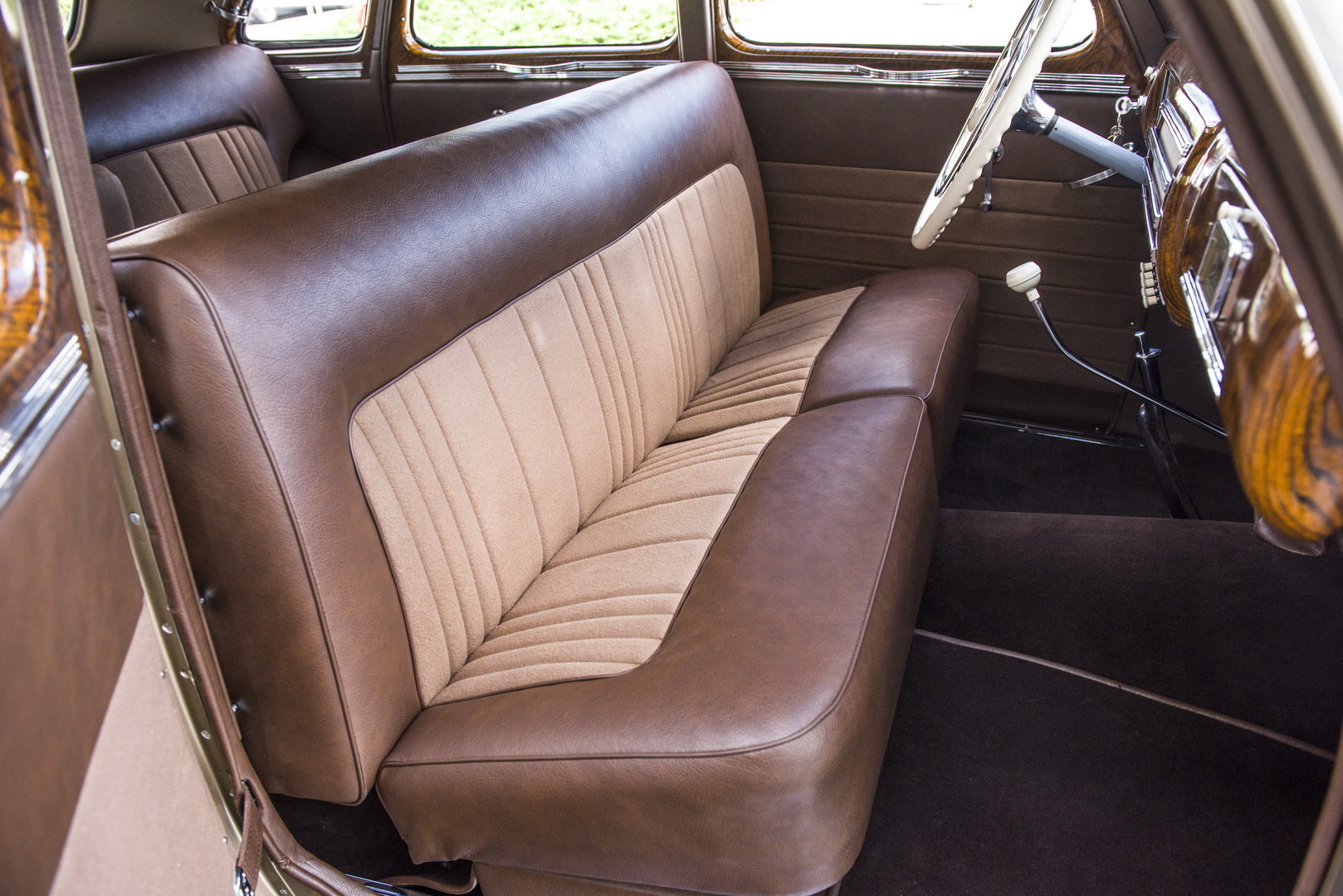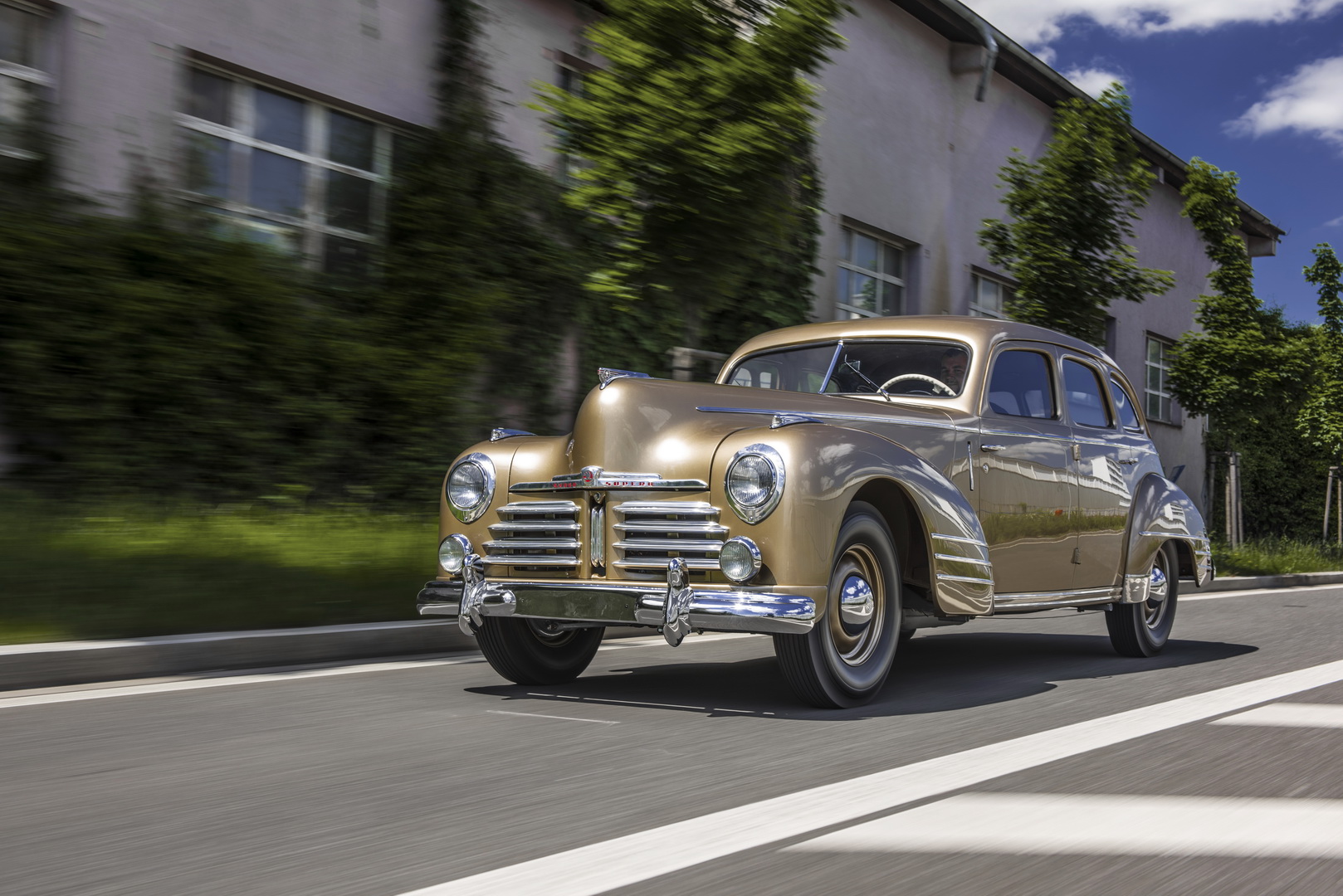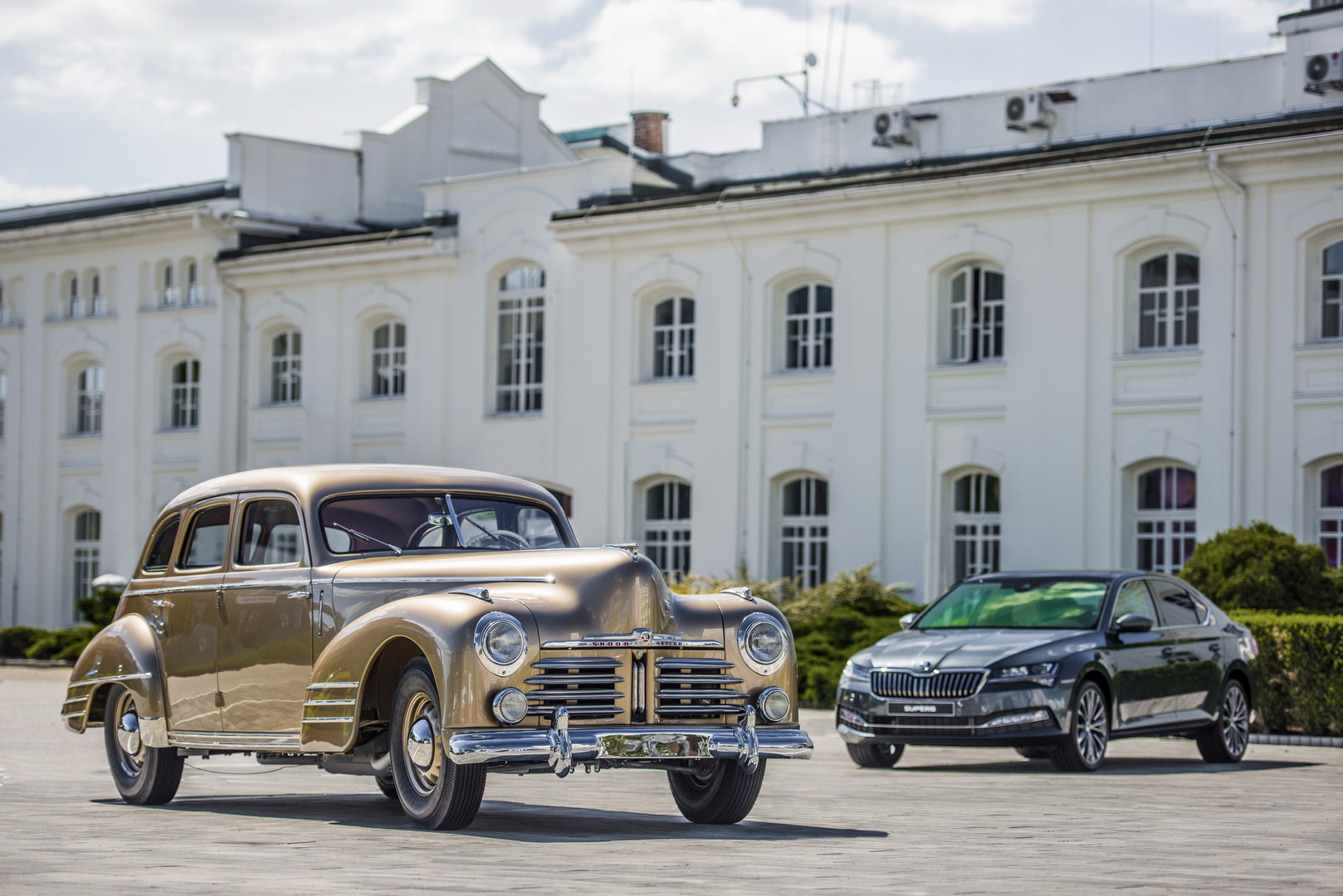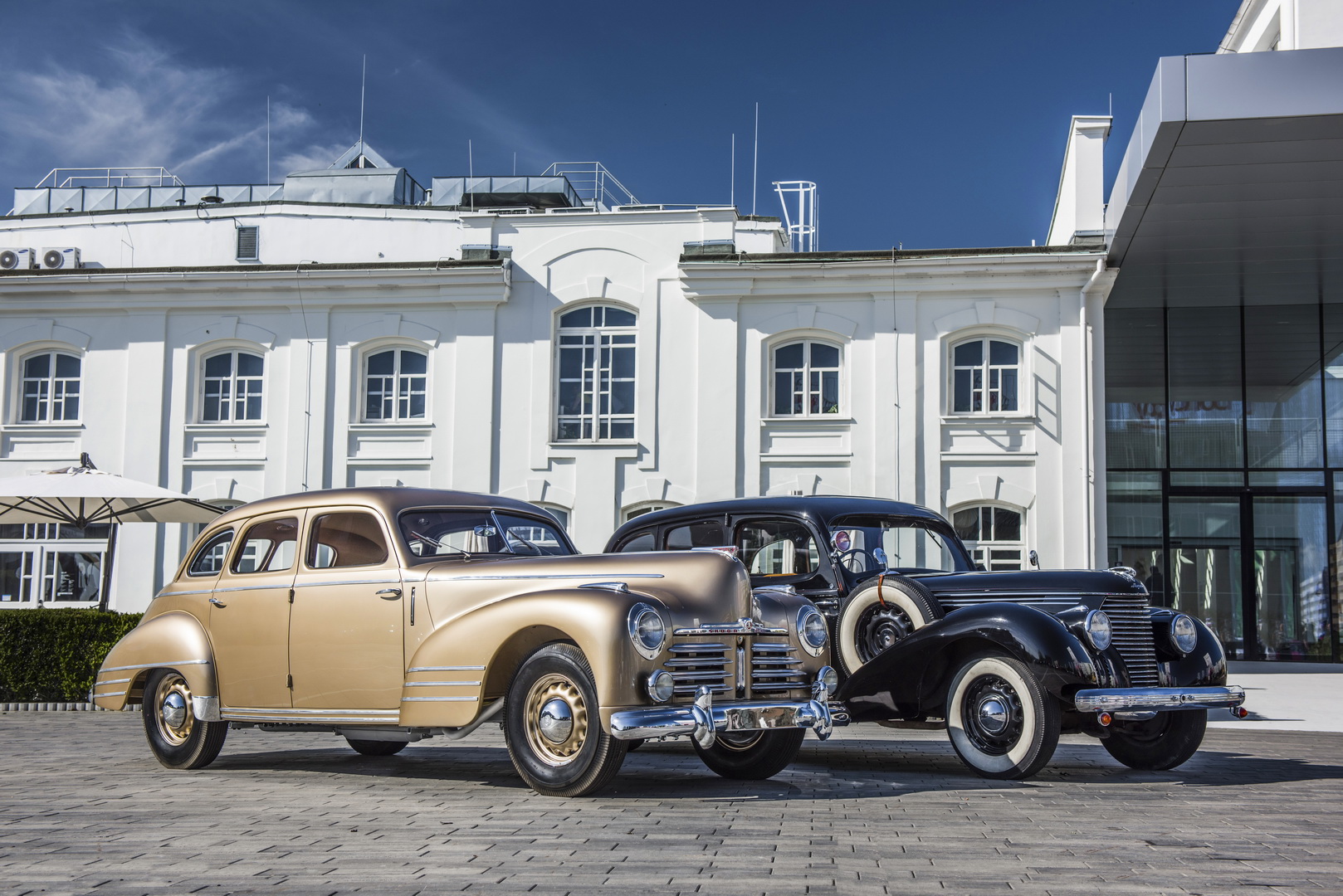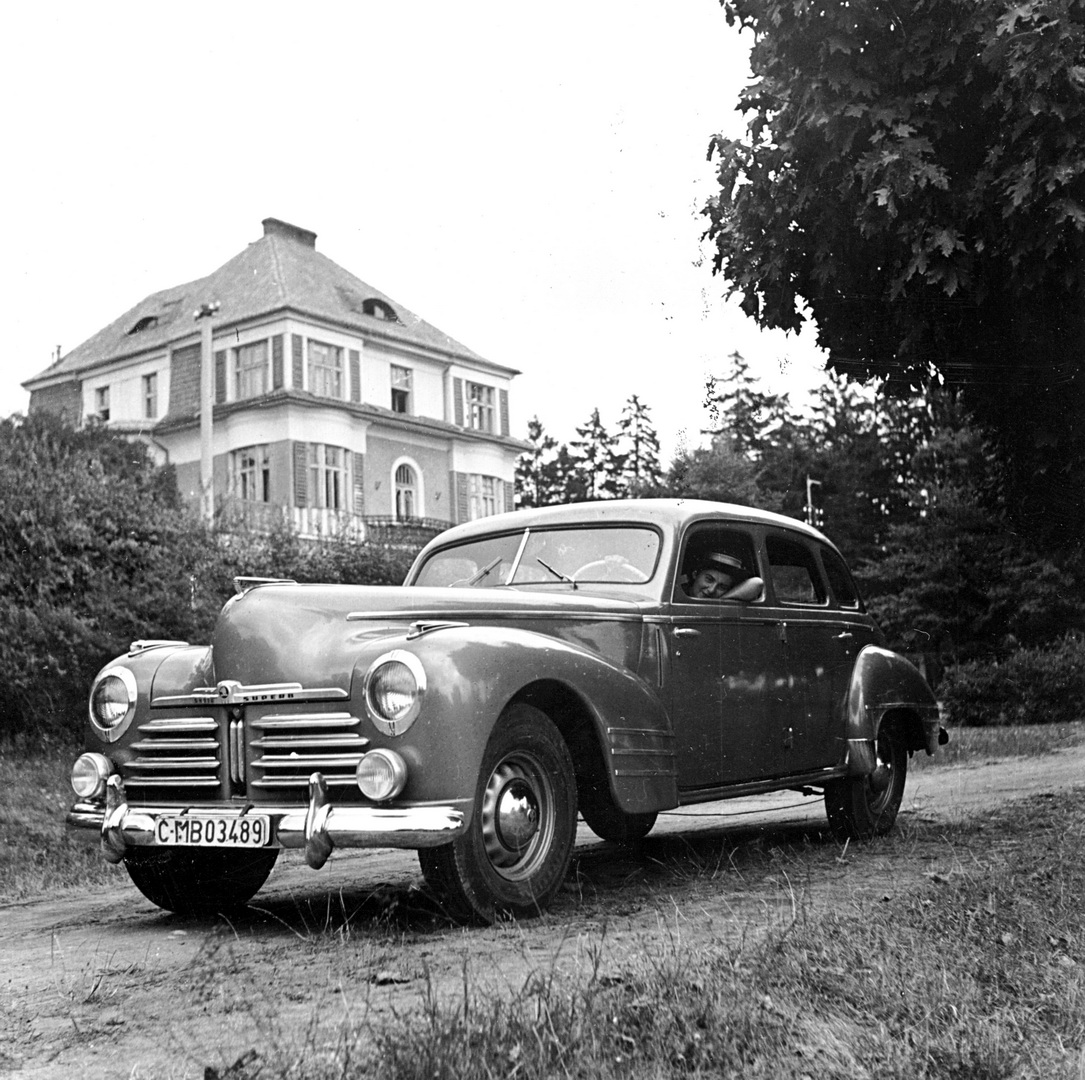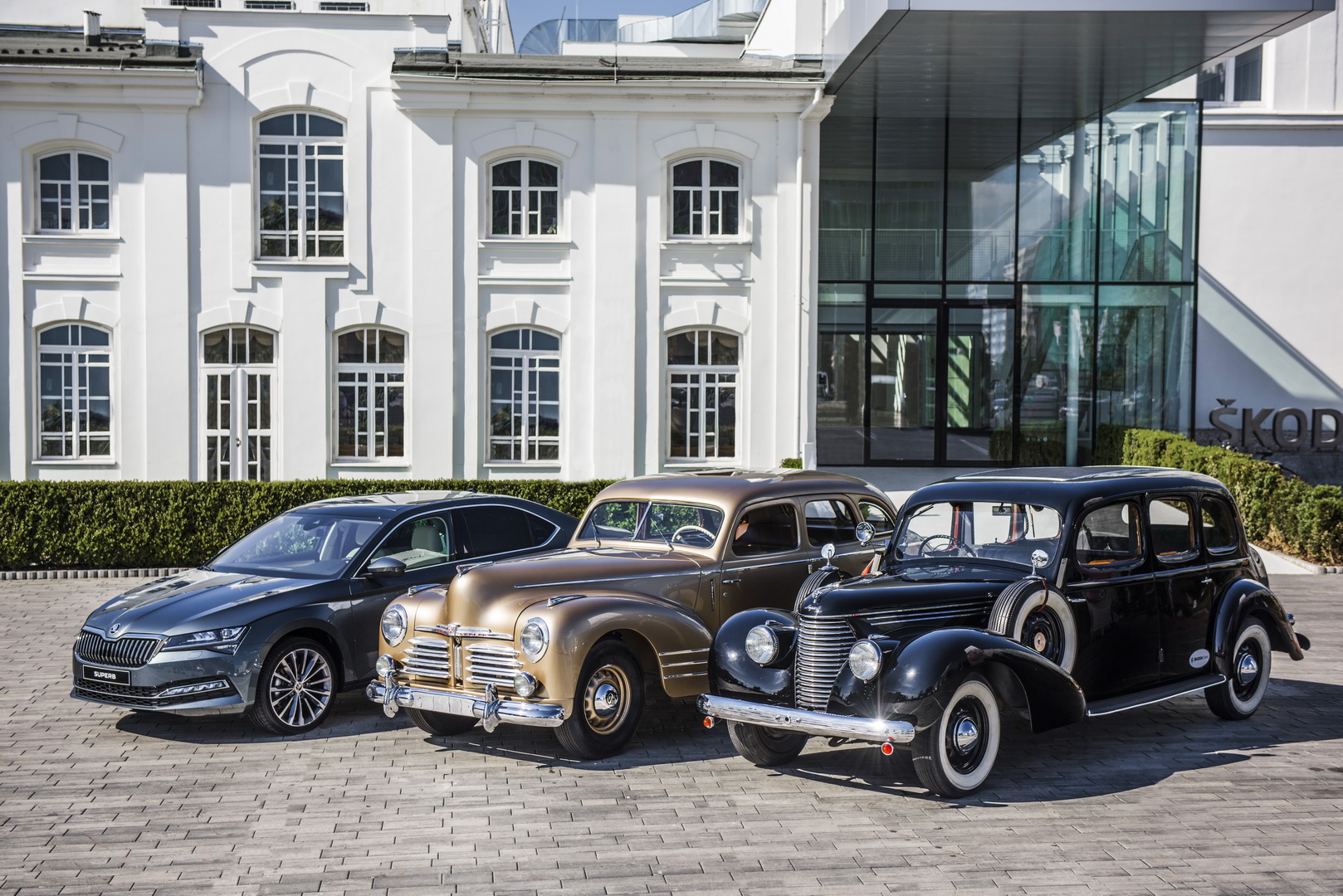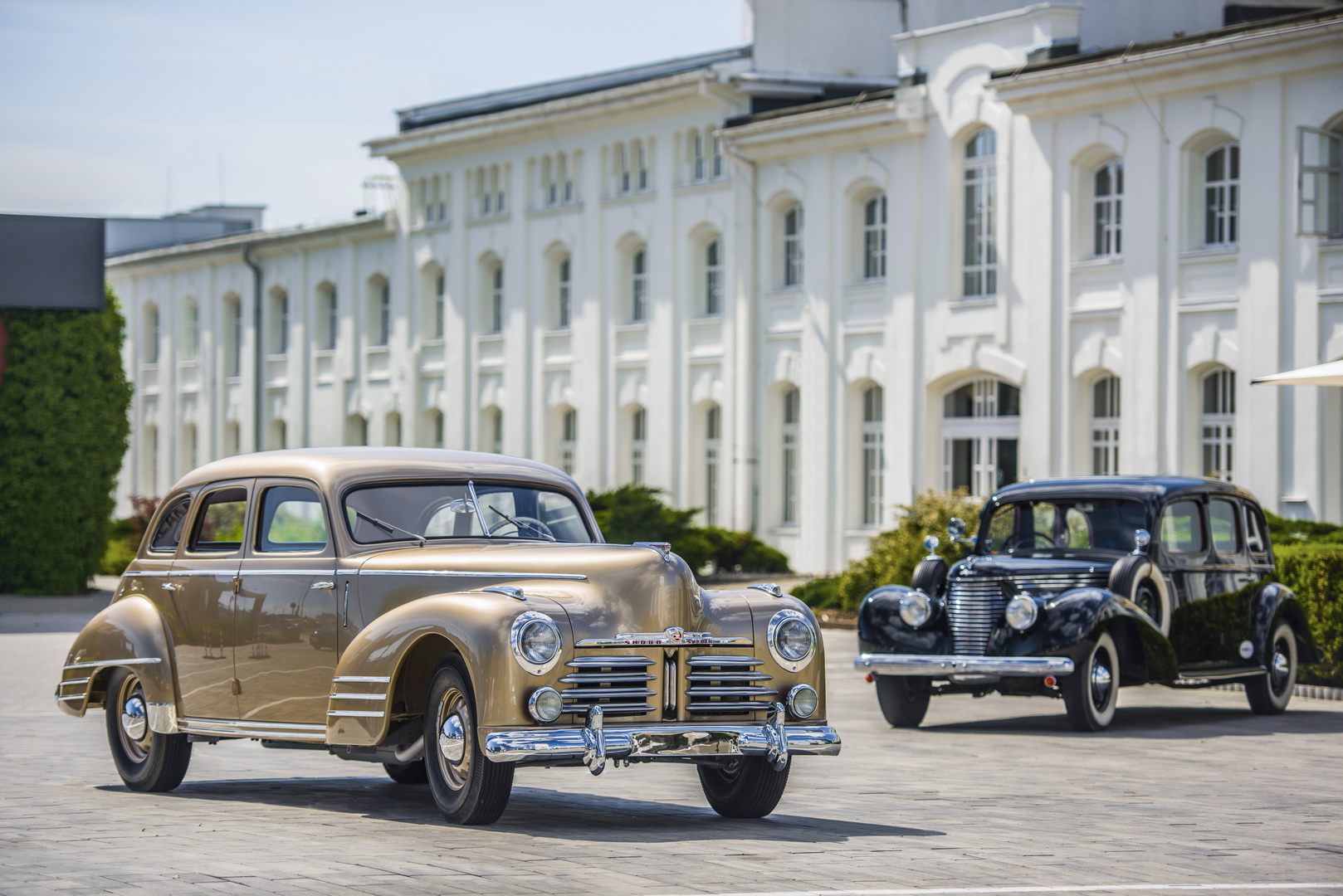Skoda began using the Superb nameplate in the early 1930s. The original model sat at the top of the Czech company’s lineup, and one of the rarest versions was the Superb OHV, which came out after the end of WW2.
From 1946 to 1949, 158 examples were made, and one of them, which came to life in 1948 at the Kvasiny plant, is now on display at the Skoda Museum.
The car has been restored back to the era’s automotive perfection, a process that took about three years to complete. Behind it was the Mlada Boleslav team, who also had to research archive sources to find out how it looked like inside and out, back when it was new.
Also Read: Czech Out Skoda’s Museum on Google Maps
Skoda came in the possession of the Superb OHV in 1968, when the recently-founded museum in Mlada Boleslav had the opportunity to buy it from its first owner, who used it as a company car for a resort. Two decades of driving tourists and hotel officials around had left its marks on it, as many parts were missing and the upholstery was no longer original. Thus, it was an arduous process to come up with the parts, find out how it originally looked like and restore everything to showroom condition. The rare classic will remain on display at the firm’s museum in the Czech Republic until September 1.
Eighty five years after the first Superb came out, Skoda is offering a mid-size saloon and estate bearing the same moniker. The modern-day superb is closely related to the Euro-spec Volkswagen Passat and features, for the first time, a plug-in hybrid powertrain. With a combined output of 215 horsepower and a 13 kWh battery, the Superb iV also has a zero-emission range of up to 55 km (34 miles), as per the WLTP standard.



